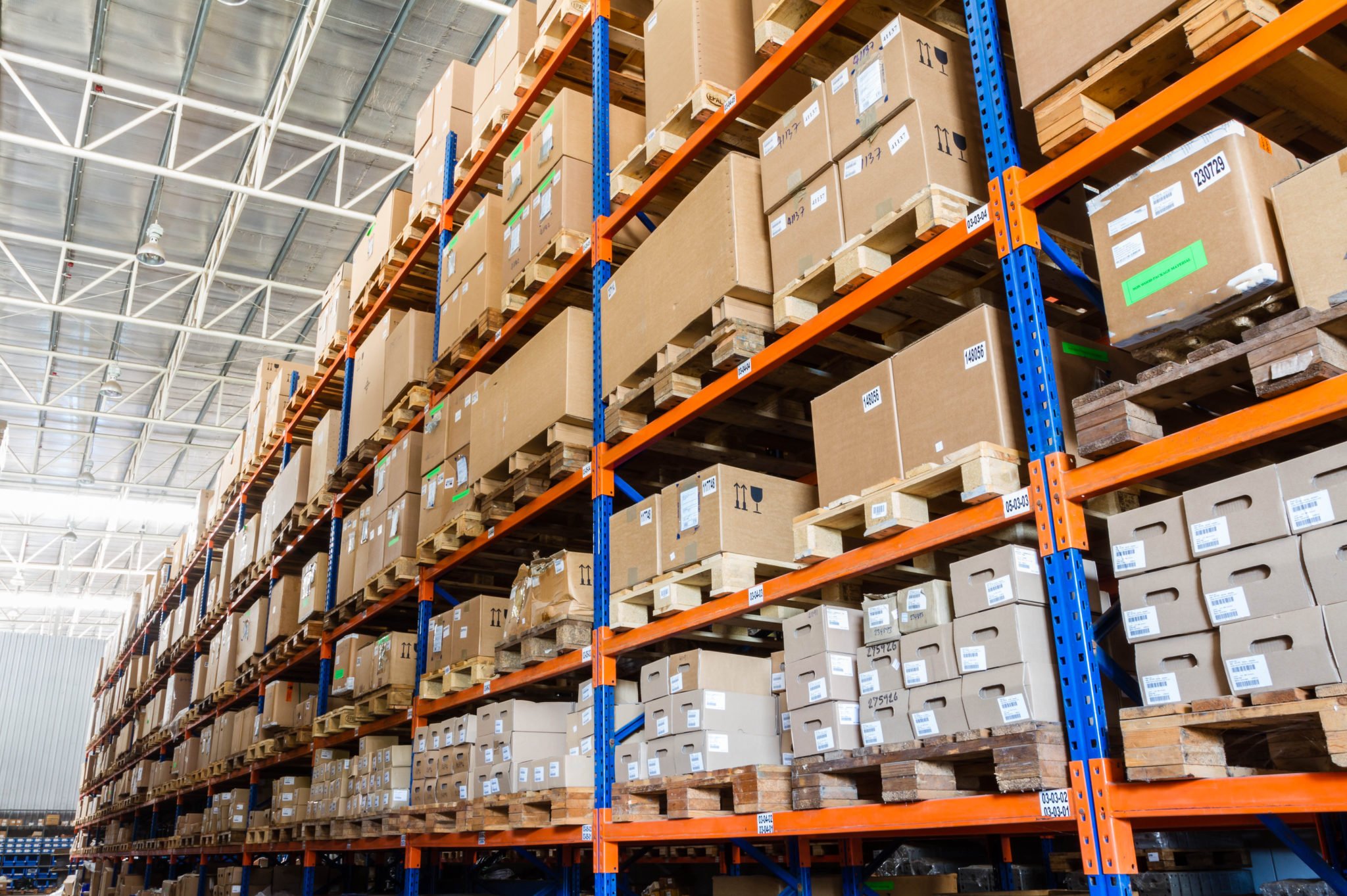Our company, V12, learned about the new global supply chain the hard way. Having designed and manufactured luxury products for the American and European markets, our business went to zero practically overnight when lockdowns were implemented. Despite being based out of an advanced country like the United States, we witnessed a complete breakdown in the global supply chain over trade related issues with China. Since most companies went to the same factories in Wuhan for manufacturing, logistics became a nightmare on an international scale.
V12 leadership, however, was able to pivot by having our overseas manufacturing operations produce highly sought-after PPE supplies. From nitrile gloves to medical gowns, we focused on producing the highest quality medical grade equipment. In pivoting, however, we still faced tremendous supply chain issues during the pandemic: We often encountered a lack of available planes to ship our products and difficulties with customs. The best way to minimize risk and ensure our medical products reached their final destinations of hospitals and health care systems was to create our own internal infrastructure.

By buying cargo hauls, additional manufacturing plants and specialized equipment, we gained independence from the pitfalls of a stalled global economy. Despite always thinking of ourselves as designers and manufacturers first, committed to producing the highest quality automobile products, the pandemic taught us we needed to be more versatile in our approach. Globalization has brought with it tremendous innovation, but when even one overseas vendor is unable to fulfill their end of a contract, then you can suddenly be holding millions of dollars of worthless inventory.
Amazon shocked the business community last month when it added 11 Boeing jets to its transportation fleet. Although Amazon has built up its air cargo fleet through leasing agreements, last month’s purchase was the first time the company purchased aircrafts outright. To some, the Boeing additions signal the growing power of one of the world’s largest companies. The more rational outlet for Amazon’s purchase, however, is that the pandemic has changed the global supply chain. Amazon’s purchase of Boeing jets is a likely indicator of where the corporate world is headed; companies must now create their own internal infrastructure housing all operations from manufacturing to distribution.
Amazon’s acquisition of Boeing jets is the natural answer to how companies are thinking about supply chain issues. In order to deliver life-saving resources and equipment, companies like V12 have had to master all points of the manufacturing, transportation and distribution processes—creating new systems to ensure nothing is interrupted, especially when supplies are needed the most.








